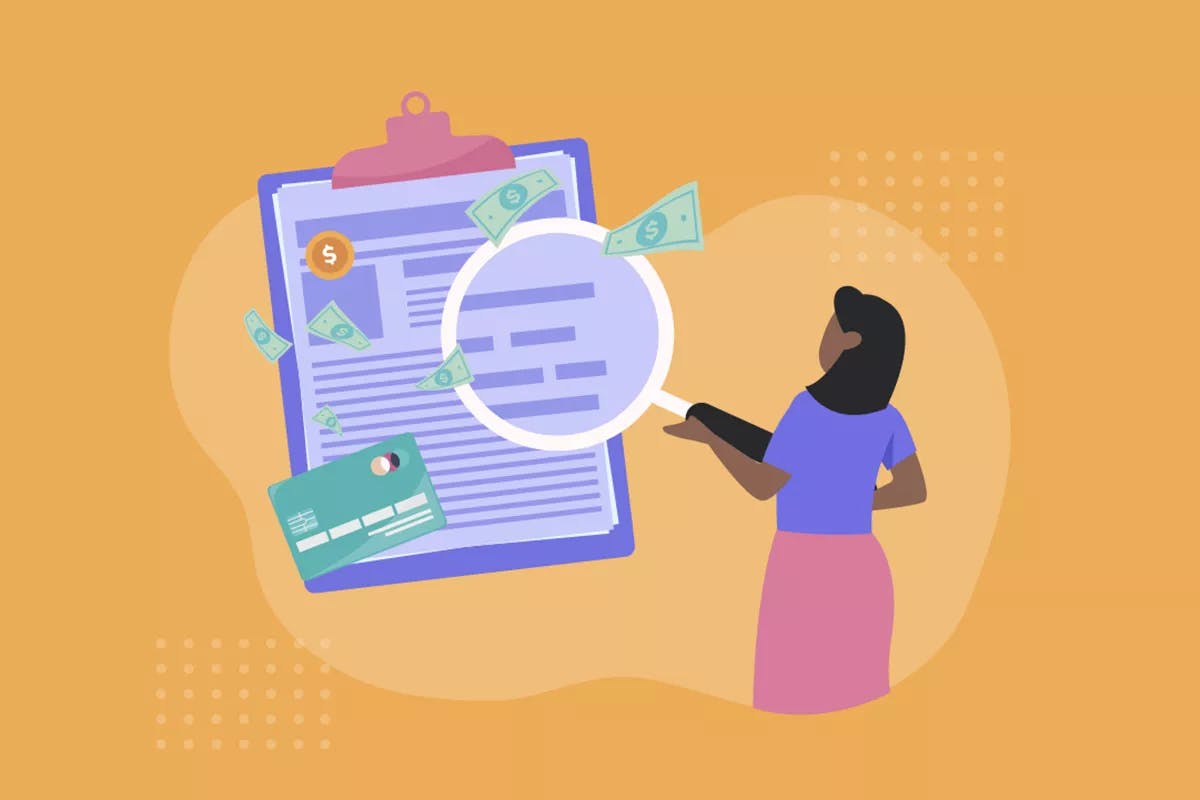The SYNCB/PPC line on your credit report stands for Synchrony Bank/PayPal Credit.
PayPal Credit, formerly Bill Me Later, is a line of credit offered by PayPal. So if you have a PayPal Credit account then you don’t need to worry.
It shows up as SYNCB/PPC instead of PPC because Synchrony Bank bought PayPal Credit in 2018.

Is PayPal Credit run by Synchrony Bank?
Yes, PayPal Credit is run by Synchrony Bank. This means that credit approval is also done by Synchrony Bank.
PayPal Credit is available for US residents who are of legal age in their state of residence.
To learn more about PayPal Credit, contact Synchrony Bank at 844-373-4961.
💡 Note: Synchrony’s Hotline is available during the weekdays, 8 AM to 11 PM ET. If you want to call during the weekends then you need to do it between 9 AM to 9 PM ET.
Why Is Your PayPal Credit Account on Your Credit Report?
When PayPal Holding owned PayPal Credit, they didn’t bother reporting their users’ account activity to the credit bureaus. Accounts like these are called “hidden tradelines.” Tradelines that should show up in your credit report but remain hidden for one reason or another.
PayPal Credit was a hidden tradeline until 2018 when it was acquired by Synchrony Bank. This is why your PayPal Credit Account is now on your credit report when it was nowhere to be found before 2018/
By acquiring PayPal Credit, Synchrony Bank reports PayPal Credit accounts to the three major consumer credit bureaus — Equifax, Experian, and TransUnion. This is why you may be seeing a new line for SYNCB/PPC on your credit report.
What is a SYNCB Phone Payment on my Credit Report?
SYNCB is the tradeline for Synchrony Bank and Phone Payment means that you paid Synchrony Bank via phone.
Synchrony Bank is an online bank that offers a wide variety of financial services. Most store credit cards by big brands are powered by Synchrony. So it’s possible that you’re doing business with Synchrony Bank without you knowing about it.
💡 Pro Tip: Check your Store Credit Cards to see which Bank is powering them. Alternatively, you can check whether you’ve recently availed financing options from the following stores: Lowe’s, Rooms To Go, Ashley, Sam’s Club, JCPenney, or Mattress Firm.
What is SYNCB/AMAZON PLCC on My Credit Report?

SYNCB/AMAZON PLCC stands for Synchrony Bank Amazon Private Label Credit Card. This tradeline most likely refers to the Amazon Store Card. So SYNCB/AMAZON PLCC is on your credit report due to your transactions using the Amazon Store Card.
If you don’t have an Amazon Store Card and SYNCB/AMAZON PLCC appeared in your credit report, then you should dispute this item with the credit bureaus.
How to Dispute an Item with the Credit Bureaus
If there is an account that you don’t recognize on your credit report, you should contact the lender and the credit bureaus immediately. Time is of the essence. Credit bureaus may not approve disputes if the initial occurrence happened a long time ago.
Here are the links to the dispute center for each Credit Bureau:
- Experian: https://www.experian.com/disputes/main.html
- Equifax: https://www.equifax.com/personal/credit-report-services/credit-dispute/
- TransUnion: https://www.transunion.com/credit-disputes/dispute-your-credit
It’s important to check your credit reports thoroughly and often. You’re legally entitled to one free credit report from each of the three credit bureaus every week. Request your copies at AnnualCreditReport.com (disregard the name, free credit reports are available weekly).
Where Is the SYNBCB/PPC Account Found on Your Credit Report?
Your SYNCB/PPC account can appear on your credit report in one of several ways. Depending on how it shows up, there are different ways that you can handle the situation.
Hard inquiry
With any new PayPal Credit account that you apply for, the creditor will do a hard inquiry into your credit report.
Inquiries temporarily ding your credit reports. When you get approved for a new line of credit, both you and the lender assume some level of risk if you don’t pay back your debt.
You can expect a hard inquiry to stay on your credit report for up to two years. However, the inquiry will affect your credit scores less and less as time goes on.
Account history
A PayPal Credit account could appear in the account history section of your credit report as either an active account or a closed account.
If a PayPal Credit account shows up in the account history section and you still don’t think that you opened the account, or if the account is wrongly listed on your credit report, contact Synchrony Bank and the credit bureaus immediately. There could be a mistake with account reporting, or you may be dealing with identity theft.



